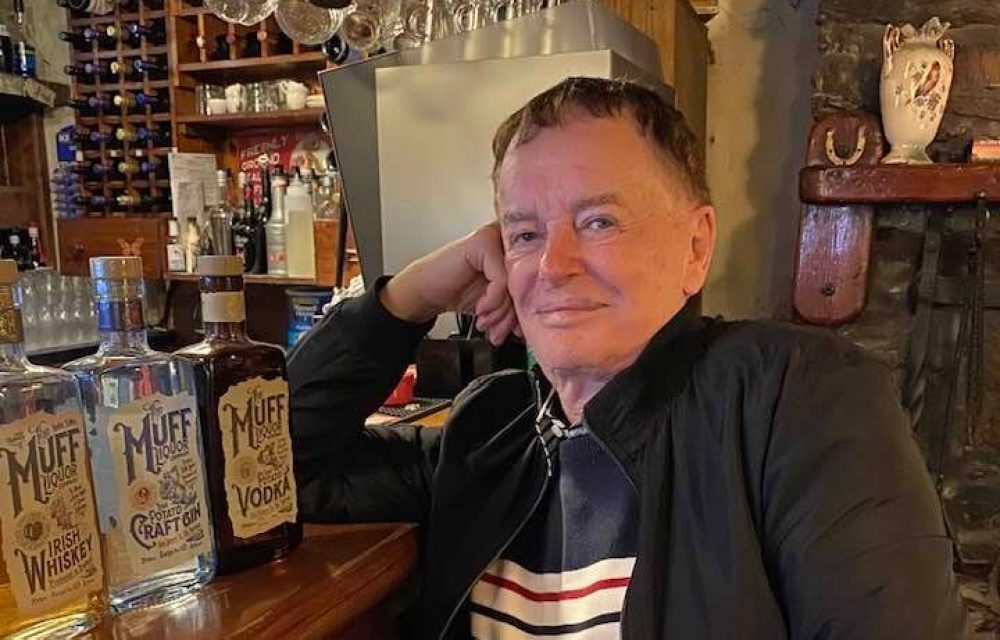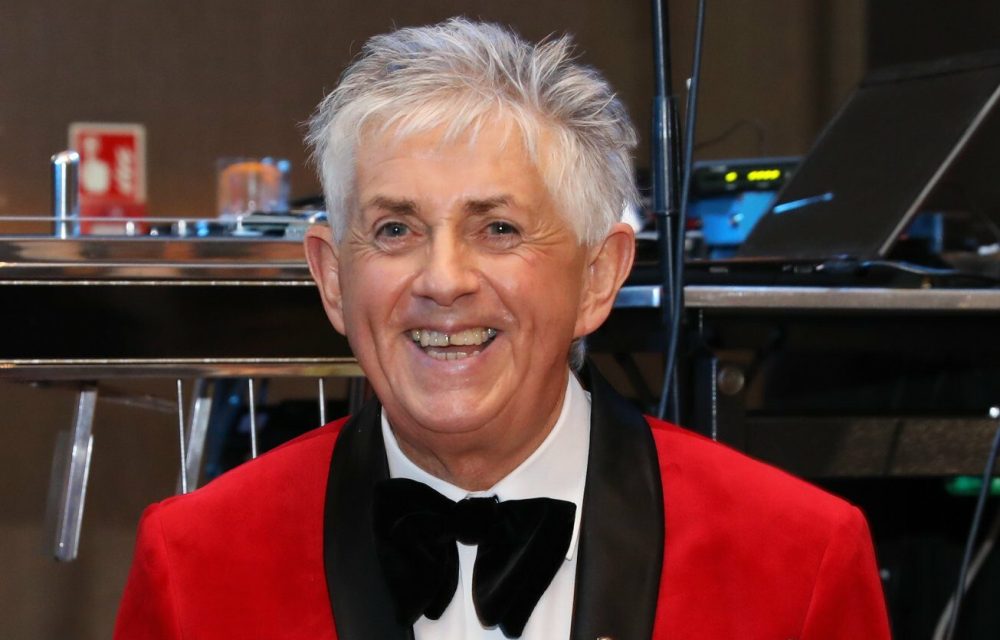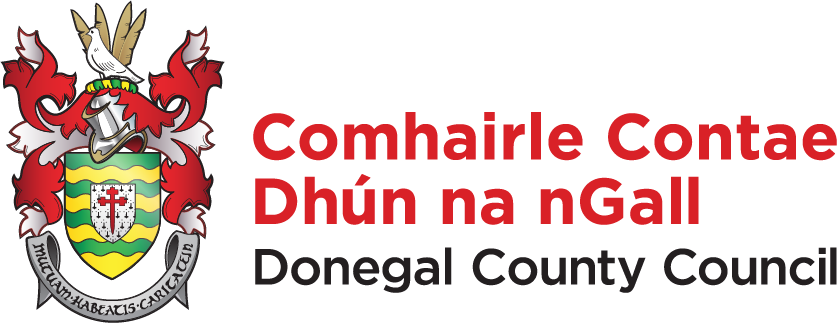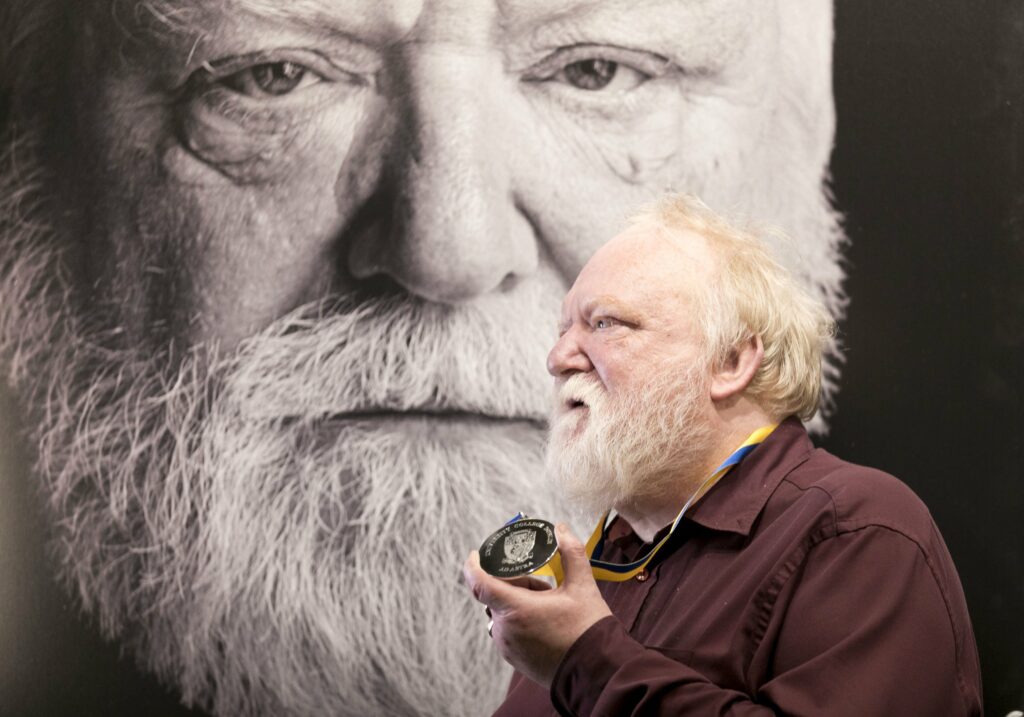
Frank McGuinness was born in Donegal in 1953. He grew up in Buncrana and later moved to Dublin to study at UCD. His father was a breadman, and his mother worked in the local factory.
As well as holding the post of Professor of Creative Writing at UCD from 2007 to 2018, Frank is best known for his immense literary career, including 26 original plays, eight volumes of poetry, and three novels.
On 18th September 2022, Frank was interviewed by Miriam O’Callaghan for the Sunday with Miriam programme on RTÉ Radio 1. When asked about growing up gay in Buncrana, he had this to say:
“I kind of knew that I was not really cut out for marriage, five children, or four cars, depending on your liking. I often think that’s one of the blessings, that I was not heterosexual. There are many blessings for not being heterosexual, but a complete lack of interest in cars was one of them, actually.
And then, of course, I went to see an exhibition once of 1920s art and saw a car and fell madly in love with it. I couldn’t buy it, it was a couple of million. I would at least have expensive taste in cars, but I recognised, dear God, if I was straight, I probably would have six children and six cars, and prefer the cars. So I think God knew what he was doing when he shaped me the way he did?”
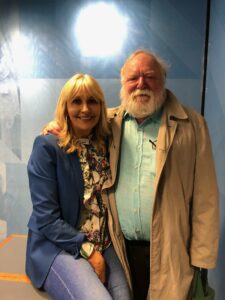
“I had interests that an observant eye would have cottoned on to or would have noticed very quickly. But I don’t want to make it sound as if it was hell on earth, what I went through. It wasn’t easy, and it was particularly difficult when it was largely other gay kids that gave you the tough time – of course, what they were doing was to allay suspicions about themselves. That’s tough to remember, actually.
But I also had fierce protectors, not merely in my own family, but among my own mates actually. I was very close to a couple of straight boys who knew bloody well what the hell the story was but still stood by me. They’re dead now, unfortunately, and I miss them immensely.
But I didn’t have as rough a time as other people did, and I also – I was by no means, Muhammad Ali, but I could look after myself. And I remember getting one bit of advice, which was, in the fight, even if there’s a lot of people there – and I pass this on to other gay children out there – just remember, if you deliver one ferocious blow at one of them, in the crowd they’ll tend to leave you alone in the future. I mean, that’s one way of looking after yourself. Just make sure you deliver the one below and preferably the gay one. Because there’ll always be one gay one, amid the gang that’s attacking you.”
You can listen back to the full interview here.
Share the Story:
More Stories
Noel Cunningham
GET INVOLVED
Building Our LGBTQ+ Archive Together
By donating personal stories or historical artifacts, you can help us create a richer, more inclusive picture of Donegal’s LGBTQ+ past.
